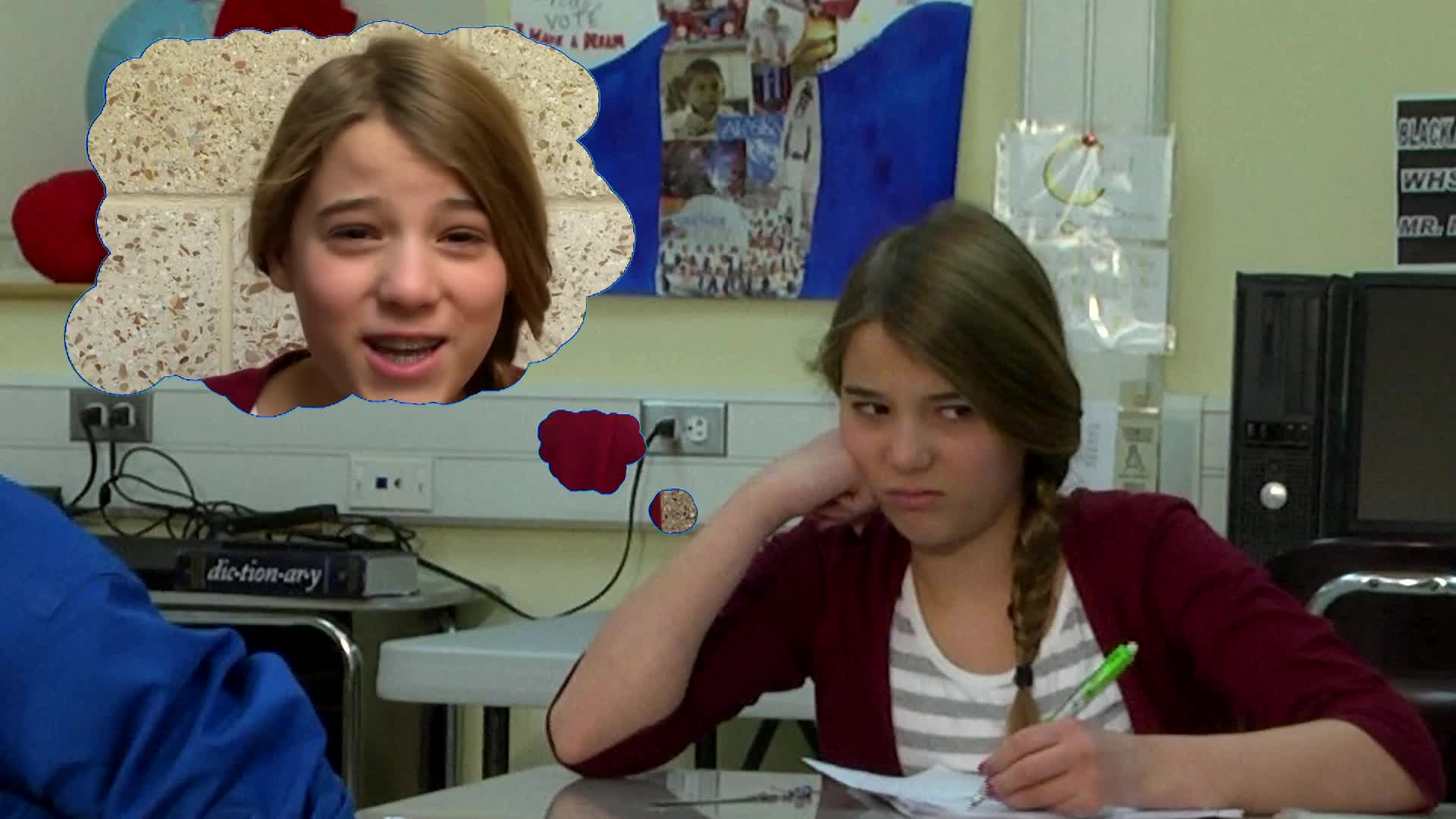
Introduction
As educators, it’s important to teach our kindergarten students the value of following rules and focusing on their own actions rather than the actions of others. This is a key concept in Social-Emotional Learning, which aims to develop essential life skills in children. In this blog post, we will explore an engaging no-prep activity, thought-provoking discussion questions, related skills, and next steps to help teach kindergarten students to worry about themselves and not the actions of others.
No-Prep Activity: The Worry Bubble
This simple activity requires no preparation or materials and can be done in the classroom setting. First, have the students sit in a circle and explain that they will be taking turns sharing something that they worry about when it comes to other people’s actions. Encourage them to think about situations where they have felt upset or annoyed because someone else wasn’t following the rules or behaving differently.
When it’s a student’s turn, they should share their worry with the group. After they’ve shared, ask the student to imagine that their worry is inside a bubble. Then, have them pretend to blow the bubble away from their body, symbolizing letting go of their concern. The goal of this activity is to help students understand that they can choose to let go of their worries about other people’s actions and focus on themselves instead.
Discussion Questions
- Why is it important to focus on ourselves and follow the rules, even if others are not?
- How did you feel when you let go of your worry bubble? Do you think this can help you focus on yourself in the future?
- What are some ways we can remind ourselves to worry about our own actions and not others’?
- How can focusing on ourselves help us make better choices and improve our relationships with friends?
- What can we do if we see someone not following the rules or behaving differently, but we want to focus on ourselves?
Related Skills
Teaching kindergarten students to focus on themselves and follow rules is just one aspect of Social-Emotional Learning. Other related skills that can help students develop a strong foundation for positive relationships and decision-making include:
- Empathy: Understanding and sharing the feelings of others.
- Active listening: Paying close attention to what others are saying and responding thoughtfully.
- Conflict resolution: Learning how to resolve disagreements in a respectful and constructive manner.
- Self-awareness: Recognizing one’s own emotions, thoughts, and values, and understanding how they influence behavior.
- Self-regulation: Managing one’s emotions, thoughts, and behaviors effectively in different situations.
Next Steps
Now that you have an understanding of how to teach kindergarten students to focus on themselves and follow rules, we encourage you to explore additional resources and activities to support their Social-Emotional Learning journey. For free samples of skill-building materials, including activities, games, and videos, visit Everyday Speech’s sample materials. These resources can help you create engaging and effective lessons to develop essential life skills in your kindergarten students.

